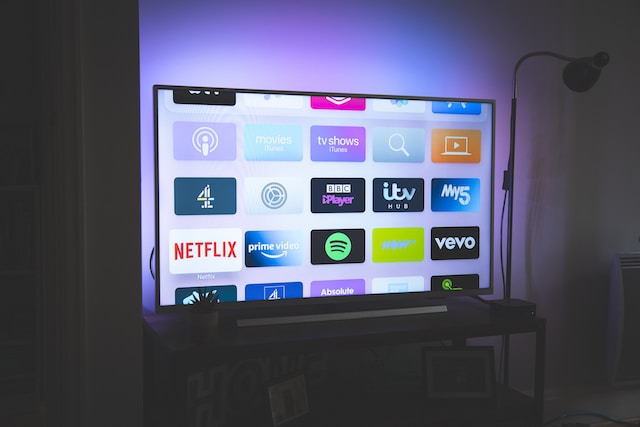Discover the differences between IPTV and traditional cable and find out which one suits your needs best.
In the era of streaming services and on-demand content, traditional cable TV seems to be losing its appeal. However, a new player has entered the market, promising to deliver a more customizable and cost-effective TV experience: IPTV. In this article, we will compare IPTV and traditional cable, analyzing their differences and similarities, and helping you decide which one is the best option for you.
IPTV stands for Internet Protocol Television, a system that delivers television content over the internet. IPTV uses a broadband connection to transmit signals, which are then decoded and displayed on the user’s device. IPTV offers a wide range of channels, on-demand content, and interactive features, making it a popular choice among cord-cutters and tech-savvy consumers.
Traditional cable TV is a system that delivers television content through coaxial cables. Cable TV has been around for decades and offers a vast selection of channels, premium packages, and on-demand options. However, cable TV requires a physical connection to the user’s location and has been criticized for its high prices and limited customization options.
While both IPTV and traditional cable offer TV content, there are several key differences between the two. Here are some of the most significant differences:

Both IPTV and traditional cable have their advantages and disadvantages. Here are some of the most significant pros and cons of each:
Yes, you can use IPTV on various devices, such as smartphones, tablets, smart TVs, and streaming devices, such as Roku or Amazon Fire TV.
Yes, IPTV is legal when it is offered by licensed providers and complies with copyright laws. However, there are illegal IPTV services that offer pirated content, which are subject to legal action.
Yes, many IPTV providers offer local channels, but it depends on the provider’s availability and the user’s location.
It depends on the provider’s features. Some IPTV providers offer cloud DVR services, while others do not.
Yes, you can cancel your traditional cable subscription and switch to IPTV. However, you should check if IPTV is available in your area and compare the prices and features of different providers before making a decision.
IPTV and traditional cable offer different advantages and disadvantages, and the best option for you depends on your specific needs and preferences. If you value customization, affordability, and interactivity, IPTV may be the better choice for you. However, if you prioritize high-quality video and audio, reliable service, and a wide selection of channels, traditional cable may be more suitable for you. Ultimately, it’s essential to weigh the pros and cons of each option and choose the one that aligns with your priorities and budget.

Copyright © 2026 "NetTV" - All Right Reserved

